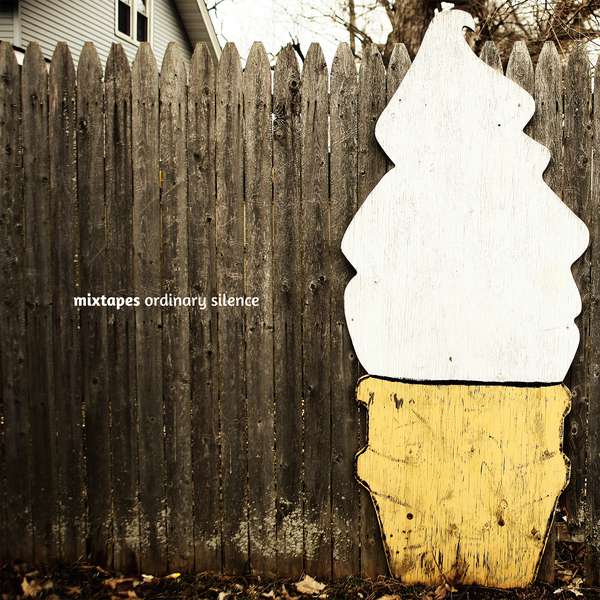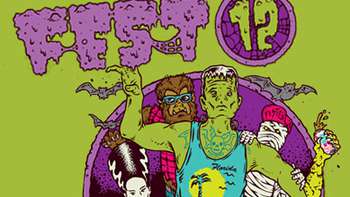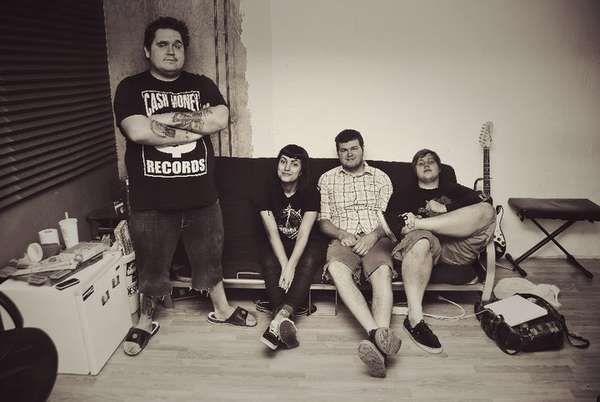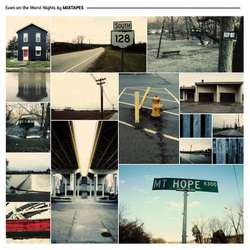It’s still a bit hard to grasp what grabs me about Even on the Worst Nights. It finally clicked, though, as I drove through rural Minnesota prairie towns, stopping at the varied towns’ lone stoplights and taking in the familiar quiet downtowns and the fading paintjobs. Thematically the record reminisces on the longing of a small town youth trying to find one’s place: the battles of not fitting in amongst your peers, finding your place, and the conflicts of rural/urban cultures. It longs for a carefree youth without sacrificing the maturity of getting older. A pipedream, sure, but one that I can relate to. It only took filling up at that gas station in Olivia to be, “Oh, yeah, that feeling.”
Sure, it was a concept record of sorts—hence the title Even on the Worst Nights—but it feels like that spirit is lost on the majority of band’s second full-length Ordinary Silence. It’s not just the charm of Maura Weaver and Ryan Rockwell trading off vocals and stories about times spent at house parties and traveling to shows, it’s the personal, first-person tone that’s become a little more removed, a little more third-person, as they explore new material. It picks up in the latter half and, not coincidentally, the point-of-view shifts here as well. “A List of Things I Can’t Handle,” feels like a nod to the last record, while “Swirling” explores the growth from that period, entering one’s twenties and post-college life. Even on the Worst Nights is something of a pop-punk Separation Sunday and parts of the new one can be looked at as a Boys and Girls in America. It’s also intriguing to end the record on the lyric “I don’t think I care anymore.”
Along with the thematic shift comes musical growth. For the most part, the first part of the record just fails to jump out. The sound is a bit more blended between the two singers, with the vocals mixed a bit toward the back, thus emphasizing the instruments. Unfortunately, most of Mixtapes’ appeal comes from the interaction between the singers and the storytelling aspect, and the switch in sound doesn’t really get things off to a strong start. There’s a little chugga-chugga along with the standard pop-punk fare, which is an interesting mix of styles, to say the least. Really, it takes until “Like Glass,” which is a tad heavier than Even on the Worst Nights in sound, to really pick up the catchy melodies and memorable lines. When it’s followed by the 0:47 “Gravel (Interlude),” the tone begins to shift back toward that “everything sucks but let’s make the most of it” element that defines their best moments. If the record had started here, it would be a very different feeling.





